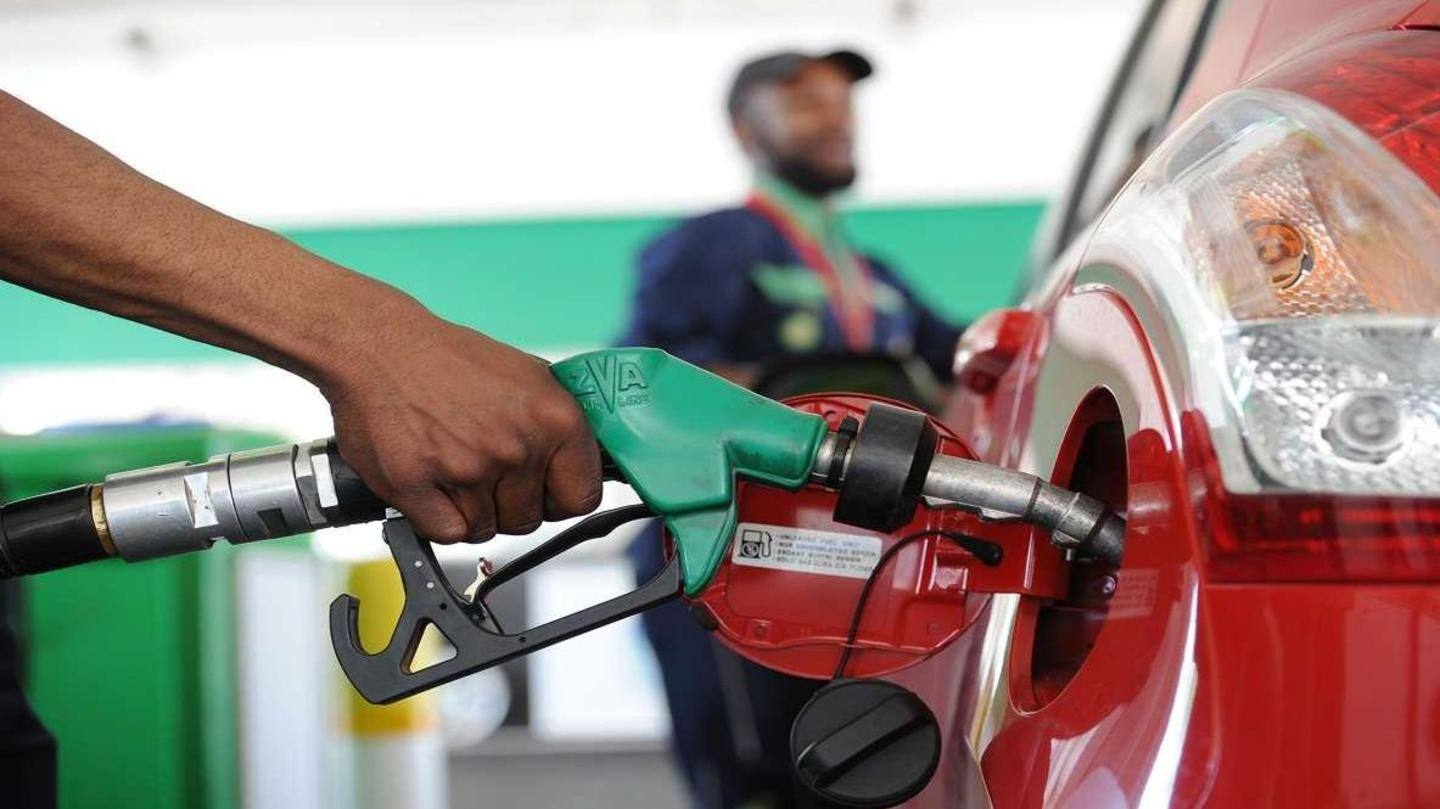
Petrol, diesel made cheaper before Diwali; excise duty slashed
What's the story
The central government on Wednesday announced a reduction in the excise duty on petrol and diesel.
The excise duty on petrol has been reduced by Rs. 5, while that on diesel has been slashed by Rs. 10.
The reduced fuel prices will be effective from November 4 (Thursday), which also marks the festival of Diwali.
Context
Why does it matter?
In recent times, petrol and diesel rates have hit record highs, crossing Rs. 100 per liter in many cities.
The fuel price hike has brought immense criticism to the Narendra Modi-led government, which had presented itself as pro-poor and pro-middle-class.
The greater relief for diesel is intended to benefit farmers, who have been protesting against the government over its "anti-farmer policies."
Statement
States asked to reduce VAT
The Union Finance Ministry announced the excise duty relief in a statement on Wednesday evening.
The excise duty relief for diesel is double that of petrol "as a boost to the farmers during the upcoming Rabi season," the Ministry said.
States have also been urged to proportionately reduce Value Added Tax (VAT) on fuels, it added.
Quote
'Farmers worked hard through lockdown'
"The Indian farmers have, through their hard work, kept the economic growth momentum going even during the lockdown phase," the Ministry said. The relief "will also boost consumption and keep inflation low, thus helping the poor and middle classes," it added.
Rates
How much does fuel cost?
Earlier on Wednesday, fuel prices remained unchanged after hitting all-time highs the day before.
In the national capital of Delhi, petrol retailed at Rs. 110.04/L while diesel cost Rs. 98.42/L.
In Mumbai, petrol and diesel were priced at Rs. 115.85/L and Rs. 106.62/L, respectively.
In Kolkata, petrol and diesel retailed at Rs. 110.49/L and Rs. 101.56/L, respectively.
Information
How much is the excise duty?
Last year, the Centre had hiked excise duty on petrol from Rs. 19.98/L to Rs. 32.9/L to benefit from reduced international oil prices. Excise duty on diesel was hiked to Rs. 31.80/L. However, even as global oil prices rose again, the excise duty remained unchanged.
Economy
Centre blames global price rise
The Finance Ministry blamed the price hike on a global upsurge in the rates of crude oil.
It said, "The world has also seen shortages and increased prices of all forms of energy."
It said the government ensured that fuel was available adequately and there was no energy shortage.
"The Indian economy has witnessed a remarkable turnaround post the COVID-19 induced slowdown," it added.